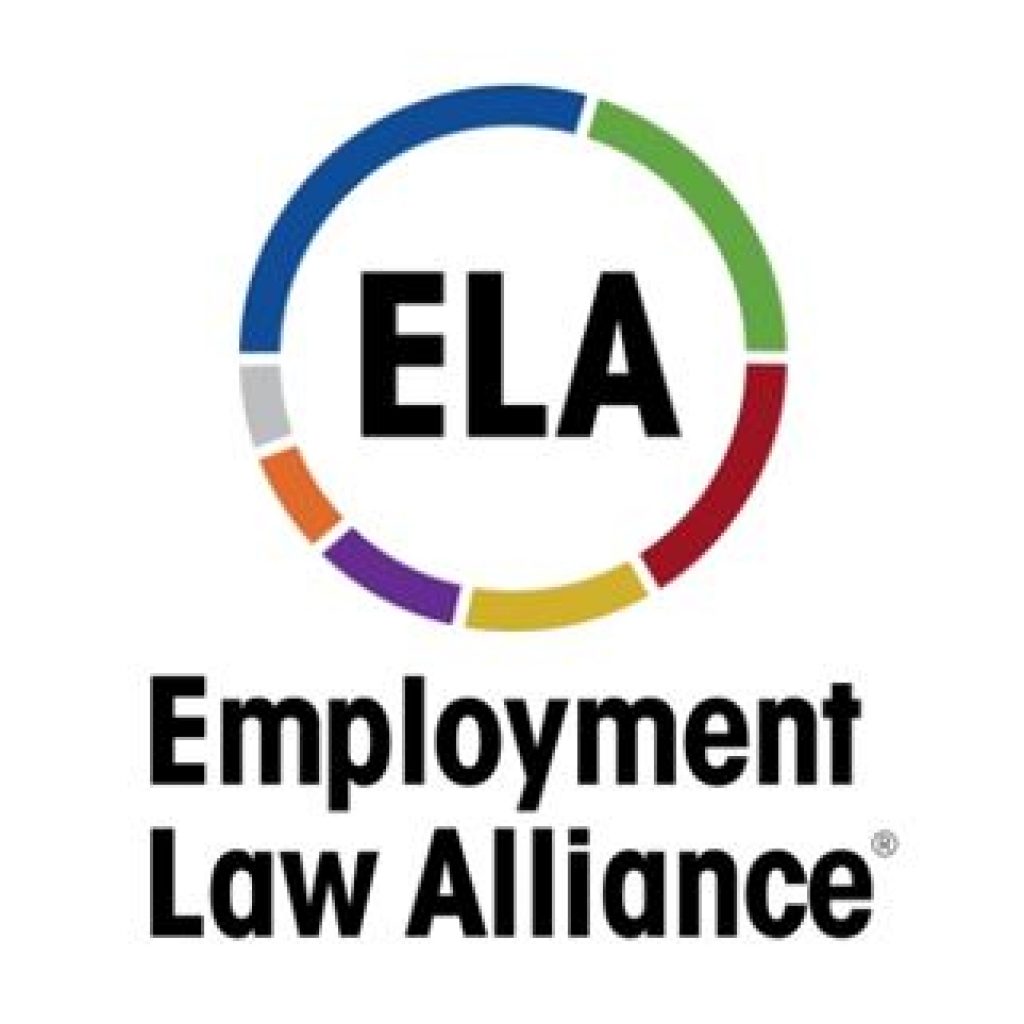Requests for Accommodations Must Be Sufficiently Specific and Supported
According to the U.S. Court of Appeals for the Sixth Circuit, a request that is lacking in sufficient specificity will not be considered a request for accommodation under the Americans with Disabilities Act.
In Stover v. Amazon.com, LLC, soon after hire, the employee stated he had a “chronic illness” and required additional break time. The employer gave him ADA accommodations forms to complete, but he did not do so. Several months later, he stated he had a gastrointestinal illness that required “more breaks” and a “readily accessible” bathroom. In response to a request for clarification, he explained that he needed a reduced work schedule and to use the restroom whenever he had an episode. However, he failed to provide any supporting medical documentation in response to the employer’s request. After he was terminated for unrelated misconduct, he sued the employer, alleging a failure to accommodate, among other things.
The Sixth Circuit, however, found that his requests for more breaks and a readily accessible bathroom were so lacking in specificity that they were tantamount to a failure to request accommodation at all. According to the Sixth Circuit, “An employee, after all, must ‘reasonably inform’ an employer about the nature of the requested accommodation, thereby putting the employer on notice of whether and what type of accommodation might be appropriate.” Moreover, his failure to provide any supporting medical documentation doomed his accommodation claims.
For employers, this case provides a good guide for the appropriate way to handle possible accommodations requests. Even if the request is not clear, the wise employer will direct the employee to follow the accommodations process and seek clarification from the employee and their doctor. And if the employee fails to respond appropriately to the process, the employer need not provide any accommodation.







